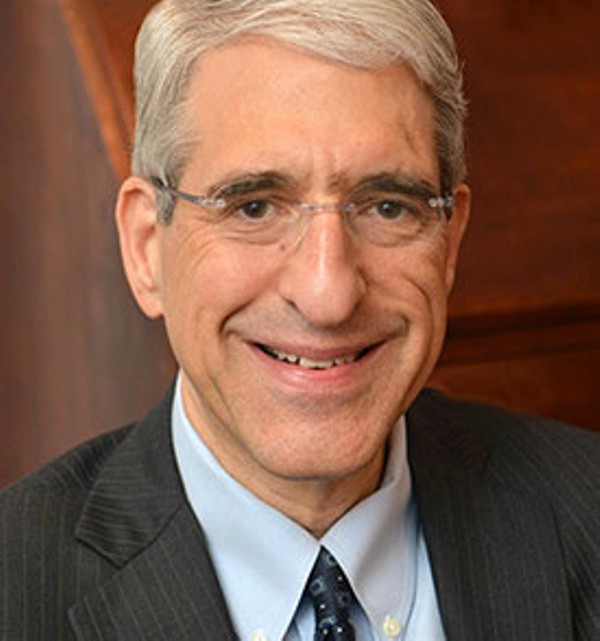Nearly seven years ago, when I became president of Yale University, five of the top twelve-and eleven of the top twenty-of the world’s fastest growing economies were in Africa, even as the continent faced serious challenges. Amid discussions of sobering events and hopes for the future, Yale took a stand for the promise of education, scholarship, and research-a promise that is particularly significant across Africa, home to a vibrant and growing population of young people. That year, in 2013, I launched the Yale Africa Initiative as a way to create new partnerships between Yale and institutions on the continent.
Africa’s economic development remains impressive, but even more spectacular is the growth and promise of its youth. The youth population is expected to increase by 522 million across Africa in the next three decades, while it is estimated to decline by 220 million in the rest of the world. By 2050, one third of people around the globe aged zero to twenty-four will be on the continent. These young people will grow up to be many of the world’s leaders and innovators-meaning we all have an interest in Africa’s future.
As a university professor, I am focused on higher education-though primary and secondary education are, of course, vital. Higher education is essential to economic growth, and it also brings a broad range of benefits, including the potential to advance gender equality, improve health, strengthen institutions, and enhance the creativity and skills of those who serve society.
Collaborative research and teaching that bridge national borders and cultures can further amplify the positive effects of universities. Through student and faculty exchanges, each university can engage with diverse viewpoints and experiences, improving scholarship and education. In this enriching environment, students learn to contribute to an increasingly interconnected world. They gain the education needed to become skilled workers, but, more importantly, they also prepare to become business owners, employers, and entrepreneurs; to create new knowledge; and to transform their communities, their nations, and the world. For example, graduates of the Yale Law School sit on some of the highest courts around the world. These scholars and practitioners are taking the wisdom and knowledge they have gained through their international education to transform the landscape of jurisprudence across Africa and elsewhere.
Earlier this year, I learned about the accomplishments of Adebayo Alonge, a graduate of the Yale School of Management and Lagos Business School, members of the Global Network for Advanced Management. Adebayo won the grand prize in the Hello Tomorrow Global Challenge, a renowned international startup competition, for RxScanner, a company he founded to detect fake drugs. His company is currently operating in Canada, China, Myanmar, Kenya, Uganda, Ghana, and Nigeria, and he has plans to expand further. Adebayo’s story is just one example of how studying in the United States and Nigeria can help power innovation and entrepreneurship.
Like many global universities, Yale has already forged partnerships with educational and research institutions in Africa. Makerere University, Uganda’s largest institution of higher education, and Yale University collaborate on research, including investigations of treatments for noncommunicable diseases, patient empowerment, and women’s health. In the short term, scholars from Makerere and Yale mutually benefit from exposure to different clinical settings that widen their perspectives, knowledge, and skills. In the long term, these joint efforts will increase clinical capacity, improve medical access, and enhance public health.
As more nations retreat from the world and look inward, universities must step up and fill this void, providing transformative educational opportunities for students and fostering innovative discoveries that improve lives. There is more to do: we need to continue to create partnerships and transnational ties, building on the tremendous promise of young people around the globe. As we approach 2050, the future looks like Africa-full of energy, determination, innovation, and resilience.
Distributed by African Media Agency on behalf of Yale University.
